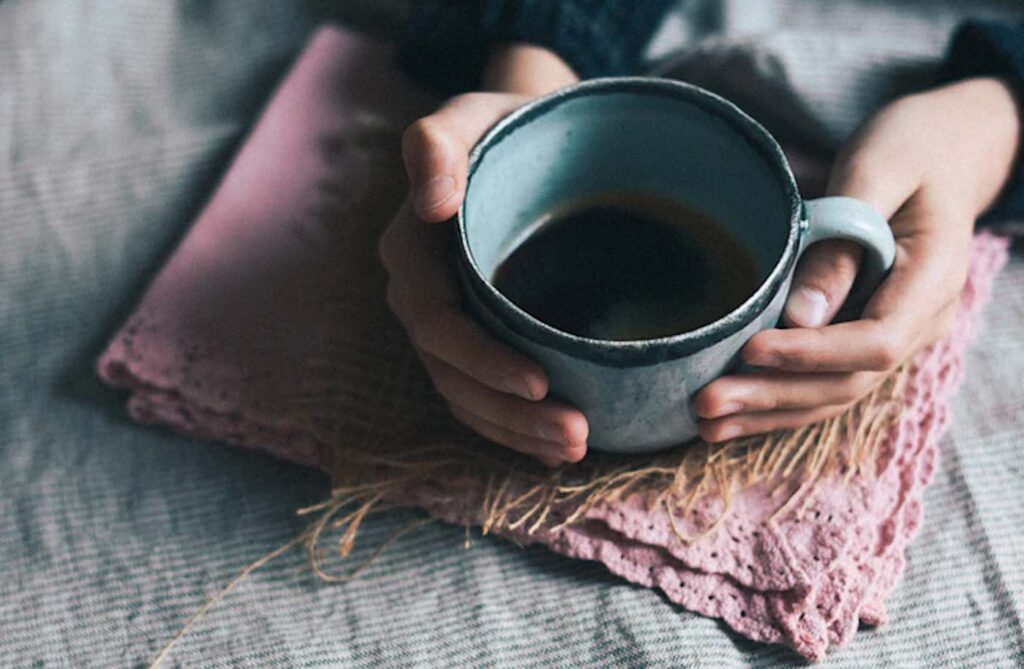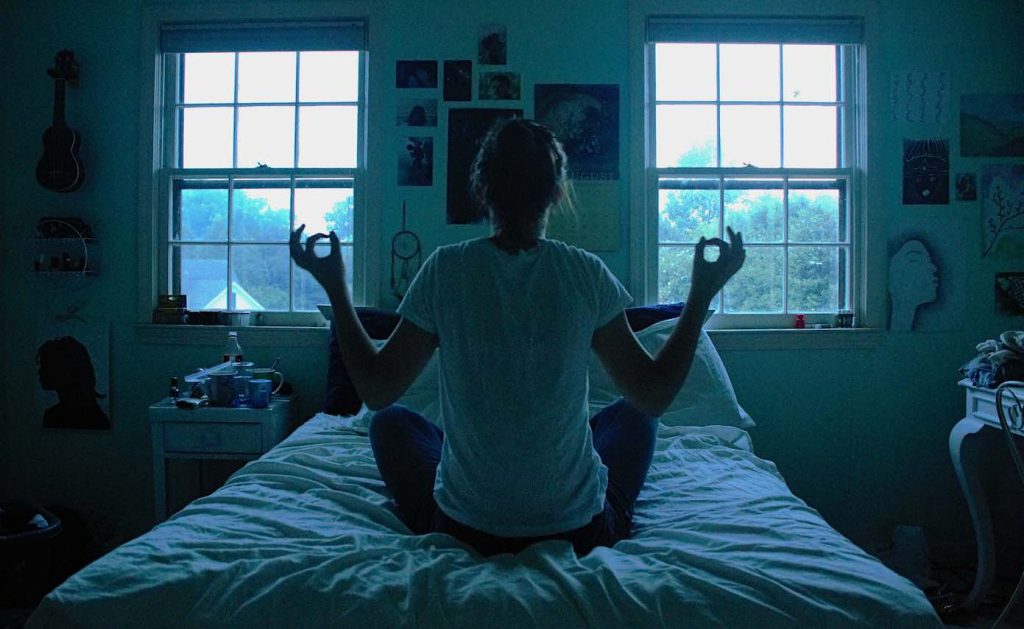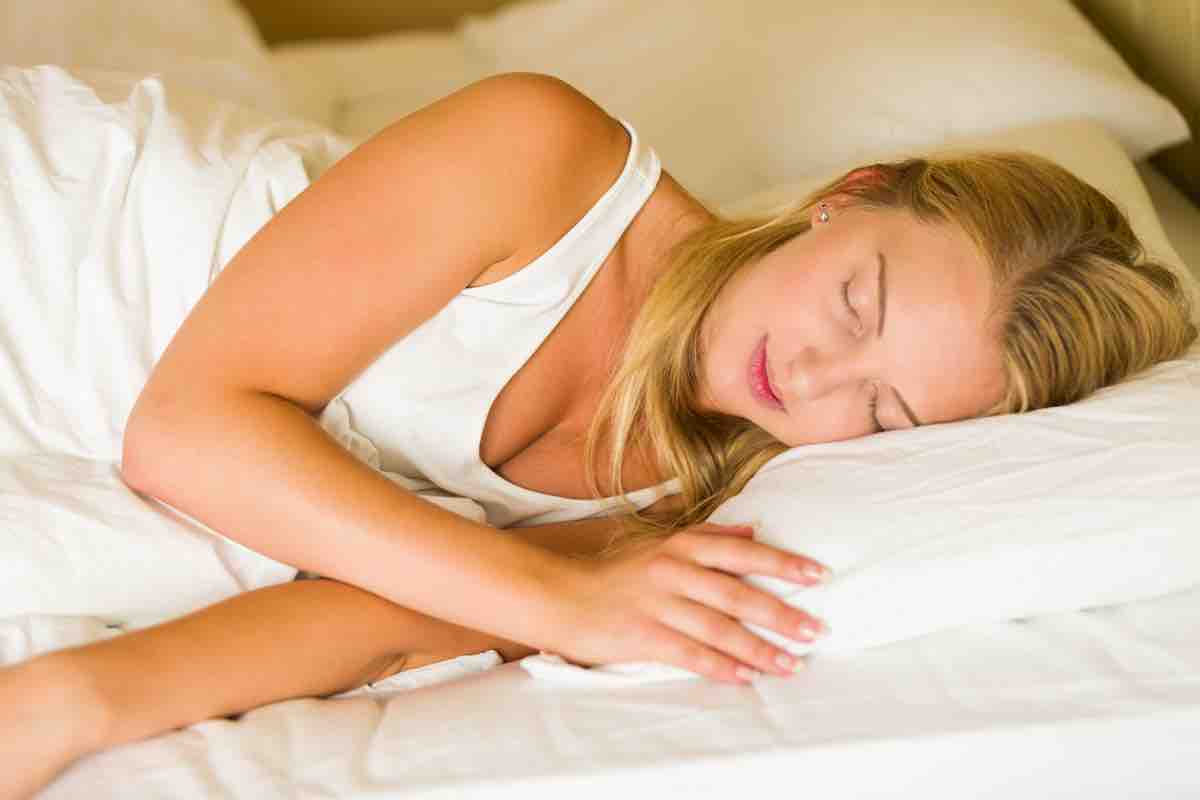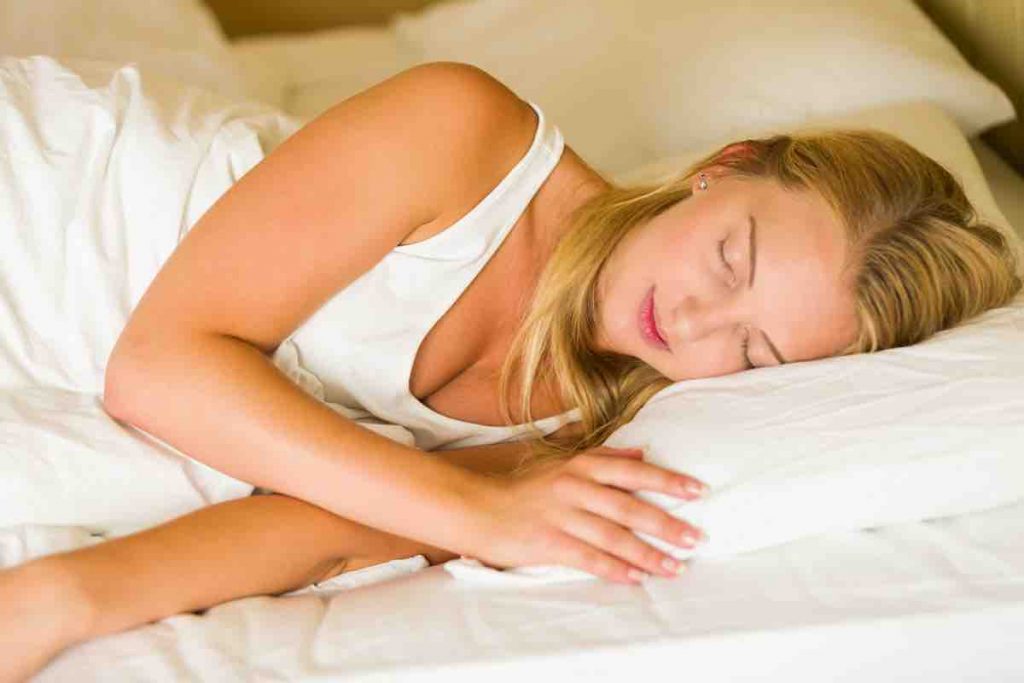Stressful times call for stressless measures, and one of the most important ways to improve your ability to resist stress and anxiety is to get a good night’s sleep.
However, in our 24-hour, interconnected world, sleep is an illusive necessity that’s often the first thing to be sacrificed in a busy schedule. A reduction of regular sleeping hours has been linked with everything from Alzheimer’s to younger mortality rates.
Furthermore, with the presence of the coronavirus, it’s worth noting the results of two studies: the first finding that a night of sleep lasting less than 7 hours resulted in 70% fewer immune cells being produced the following day, and the second finding that a person sleeping less than 6 hours is four times more susceptible to the flu.
Fortunately, polysomnography sleep studies can offer us science-backed insights into better habits to improve the quality, if not the quantity, of the sleep we do manage to get.
According to renowned English sleep expert Dr. Matthew Walker, author of “Why We Sleep: Unlocking the Power of Sleep and Dreams,” every living thing on Earth is attached in some way to the day-night cycle, and spends at least part of the day in something resembling sleep.
He reminds us of our evolution, and that if sleep was not an absolutely necessary trait in animals, it would strongly be selected against during natural selection: as sleeping animals cannot reproduce, search for food, or protect themselves from predators.
CHECK OUT: Here Are the Best Foods You Can Eat to Get a Good Night’s Sleep
Indeed, time spent sleeping proved to be more valuable—for all cellular life, than these three most critical activities which it could have otherwise been engaged in.
Here are 10 good habits, tips and tricks, and scientific findings to help you sleep better tonight, and in all the nights to come.
1) Keep your room like outer space: cold and dark
The Mayo Clinic, along with the CDC and others, suggest creating a cold, dark sleeping environment (around 60-67 Fahrenheit).
This has to do with our history as hunter gatherers, who were exposed to the elements and the day/night cycle. Drops in temperature and light perception signals to our brain that the hour of sleep is nigh, and a bedroom that reflects those changes is typically ideal.
2) Clean up your room
All kinds of strange things can affect sleep performance, including serious clutter. A study from the American Academy of Sleep Medicine found that people at risk of hoarding disorder scored significantly higher on several categories in two different academic scales meant to measure sleep performance.
RELATED: Want to Stop Eating Junk Food? New Research Says You Should Get More Sleep
What you see before you go to sleep could potentially be preventing you from entering the deepest reaches of sleep cycles, thereby withholding the most powerful restorative effects.
3) Avoid blue light

Most devices, including smartphones, tablets, and computers come with built in blue-light filters, and those that don’t will have access to the internet or an app store where you can download a filter.
Blue light is the prominent spectrum present in daylight, while the red or orange light spectrum is the one experienced during the setting of the sun. Most of us are able to stay up far later because cool-white, blue-spectrum rays from our indoor lighting tricks our brains into thinking it’s still the day.
Therefore, put orange light filters on your devices so you correctly begin to feel the effects of melatonin secretion in response to the perception of the red light spectrum.
4) Find your extra-special mattress
One of the most significant technological advances in the last two decades has been in mattress technology. In our parents’ time, you had to wait until a public holiday to get a good deal and avoid paying $2,000 for a queen size mattress.
Now, you can go on Amazon and use their buying guide—which helps you find mattress of different firmnesses, made for back, side, and stomach sleepers—and it will be sent rolled up in a box to your house for less than $400.
WATCH: Watch a Soothing Montage of Inspiring Quotes to Uplift Your Day—or Help You Sleep—NEW From GNN
5) Spend part of your day like a hunter-gatherer
Melatonin, the hormone secreted from the pineal gland that signals cells to enter sleep mode, is increased with several activities.
Daylight exposure, physical exercise, and a day totally void of naps will all take you a little bit further towards a good night of sleep, and a simple Google Scholar search can reveal studies examining these activities and their consequences — especially sunlight exposure, in every aspect of circadian biology.
6) Take note of your coffee consumption

The biological half-life of a molecule of caffeine is between 3-7 hours, after which it has another half-life to burn before the psychoactive effects are finally finished.
Caffeine, normally consumed in coffee, has many health benefits. However, most sleep experts would recommend calling it curtains on coffee consumption by noon: that way very little of the caffeine molecules are left in your bloodstream by the time you lay down to sleep.
One cup of coffee in the evening is enough to disrupt sleep by 20%, according to Dr. Matthew Walker.
7) Stick to a sleep schedule
Another of the CDC and Mayo Clinic’s suggestions for sleep quality is to try and stick to a schedule, going to bed and waking up at the same time every day.
Obviously this can be difficult, especially on the weekends, but it’s a very powerful acclimatizer for the brain’s sleep hardware.
MORE: Having Trouble Sleeping? New Research Says a Dose of Saffron Can Help You Doze
8) Ignore your text tones
The popular mediation and mental wellness app Headspace adds this to the list of things that can disrupt sleep: checking emails before bed.
They note a study done at Virginia Tech from 2018 which found that the mere expectation of checking work email after hours can cause anxiety and stress, not to mention expose your eyes to the blue light of your tablet, phone, or computer screen.
CHECK OUT: Stressed to the Max? New Study Shows Deep Sleep Can Reduce Anxiety By 30%
9) Make your bedroom the most quiet room in the house

Returning to Dr. Walker’s commentaries on sleep, the Englishman notes in a radio interview that a study found the brain can detect noise while sleeping, which rather than causing us to wake up, can actually cause it to lift itself out of the deeper, more restorative cycles of sleep, and into shallower, less-restorative ones.
The host, Rhonda Patrick Ph.D., suggests that street noise, such as cars honking or doors slamming, could be enough to cause this shift, however the study mentioned was done only with ambient tones in a sleep laboratory.
If you sometimes wake up feeling weak and disoriented, and the windows of your bedroom face the street you live on, try relocating to a different room to prevent yourself from being partially woken in the night. Ear plugs may also help.
LOOK: This Hi-Tech Bed With Revolving Blanket Could Prevent Blanket-Hogging Between Couples
10) Take supplements, not Ambien
Walker concluded the same radio interview by suggesting Ambien and other sleep aids are not sleeping pills, but sedatives. As such, they don’t place the brain in the same level of restorative sleep as natural sleep does.
If you feel you need help, there are several natural chemicals you can try, these include melatonin, aka “the Sleep Hormone,” or tryptophan, one of the essential amino acids—it’s a primary precursor to melatonin production.
READ: Smelling Your Lover’s Shirt Could Improve Your Sleep As Much as Sleeping Aids
One can also acquire tryptophan from their diet. As an amino acid it is most abundantly found in meat, but bananas, nuts, and seeds are also sources of tryptophan.
Don’t Snooze! Share These Handy Sleeping Tips With Your Friends…





















